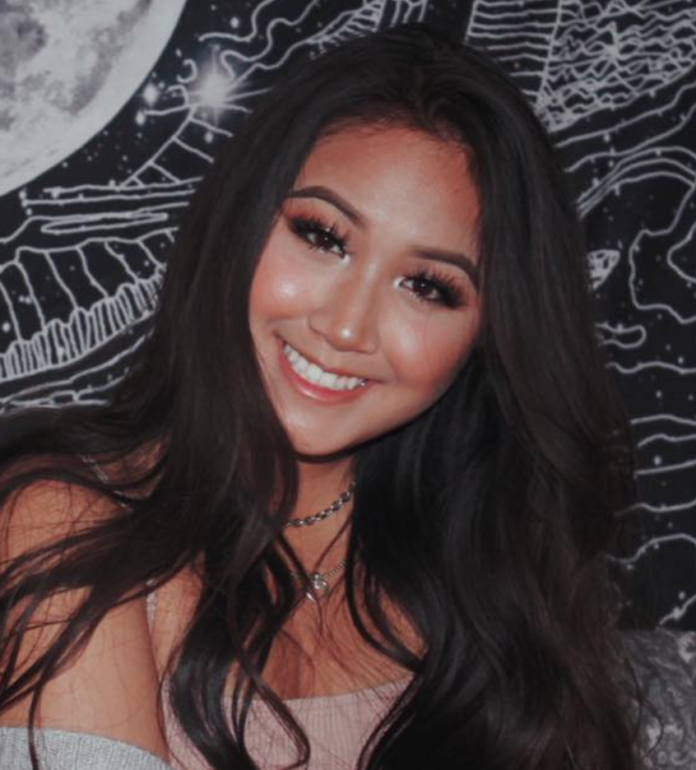By Andrea Huynh-Duong | Contributor
After grueling hours of preparing and studying for a test, I walked out of the test room accomplished and feeling good about myself only to hear, “You only did well on that test because you’re Asian.”
This isn’t exactly a new occurrence to me. It’s something that I’ve heard throughout my years in the public education system. You may think that it’s funny or true because you have Asian friends who seem to always do well on tests, but let me be the one to tell you — it’s not.
According to a 2018 New York Times article, Asian Americans are seen as “smart, competent and hard-working.”
According to a study done by the Asian American Journal of Psychology on 165 Asian American high school students on Asian stereotypes, 99.5% had experienced some sort of stereotype.
It might seem like a term of affirmation, but the idea of the “model minority” was actually first used in the 1960s to “create a divide among racial minorities and to downplay the role of racism in the inequities of American society,” said Richard Lee, Ph.D., a professor of psychology at the University of Minnesota who studies race and ethnicity.
These stereotypes perpetuate a feeling of inadequacy within the Asian American community which oftentimes lead to further feelings or symptoms of depression, as you would imagine if the world expected you to be this bright, young and intelligent student when you may not be, according to a 2013 study done on Cultural Diversity and Ethnic Minority Psychology.
This stereotype not only makes a whole generation of Asian Americans feel inadequate, but it also makes us question who we are.
“How are you Asian and so bad at math?” one of my high school teachers jokingly asked during my Algebra class.
Honestly, I don’t know why I’m bad at math, but every day I wish I wasn’t. Only now do I realize that the only reason I wished that I was good at math was because I wanted to fit the picture people had of me inside their heads.
I have spent my entire life trying to live up to these perpetuated stereotypes as my sense of identity. I’ve worked hard to assimilate to my peers and fit in as a first-generation student so people would know me as a familiar figure in their life. Little did I know that slowly, those ideas began to eat away at me until I didn’t even really know who I was.
Not only are Asian stereotypes seen in the world of academia, but the pop culture world as well. Asian women are hypersexualized and seen as submissive in the roles that they play compared to their American counterparts.
Even at a young age, I received a lot of snide remarks about being an Asian girl, which heavily impacted my mental health growing up. It seemed that my only sense of identity was tied to the fact that people assumed what I was like. I involuntarily tried to fit into their ideals because no matter what I did, I would just be “that one Asian girl.”
All minority stereotypes cause harm whether you believe it or not, even if it is a joke. You may think you are putting someone on a pedestal or being funny, but I can guarantee that it will not have the same effect that you think it does.
It is important to think twice before you say things and think to yourself, “Is that true?” Many intrinsic factors have paved the way for Asian stereotypes to be the way they are today, usually a joke or a backhanded compliment. And although you may mean no real harm, I encourage you to take a step back and look at someone just for who they are.
Andrea is a junior marketing major from Pflugerville.






